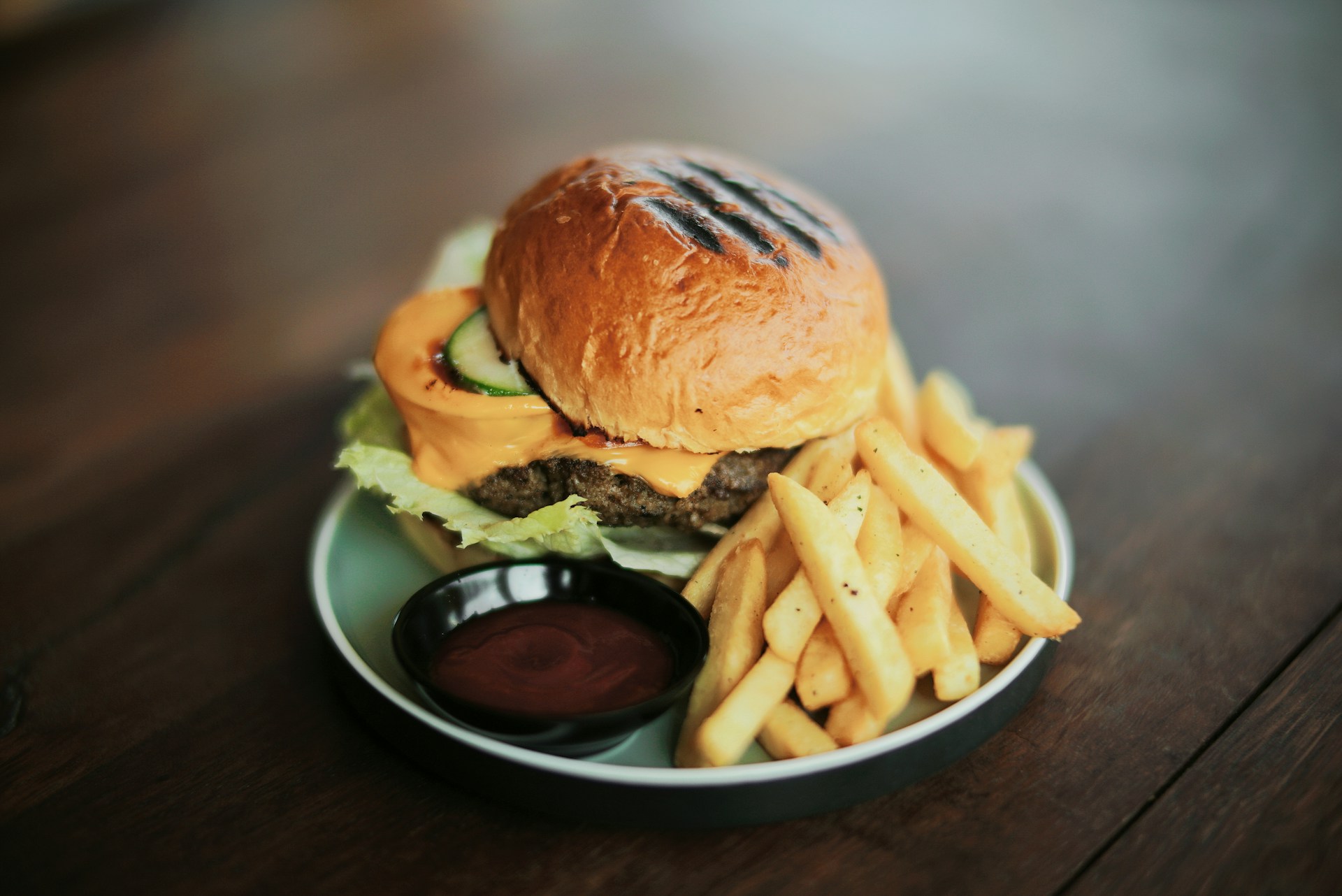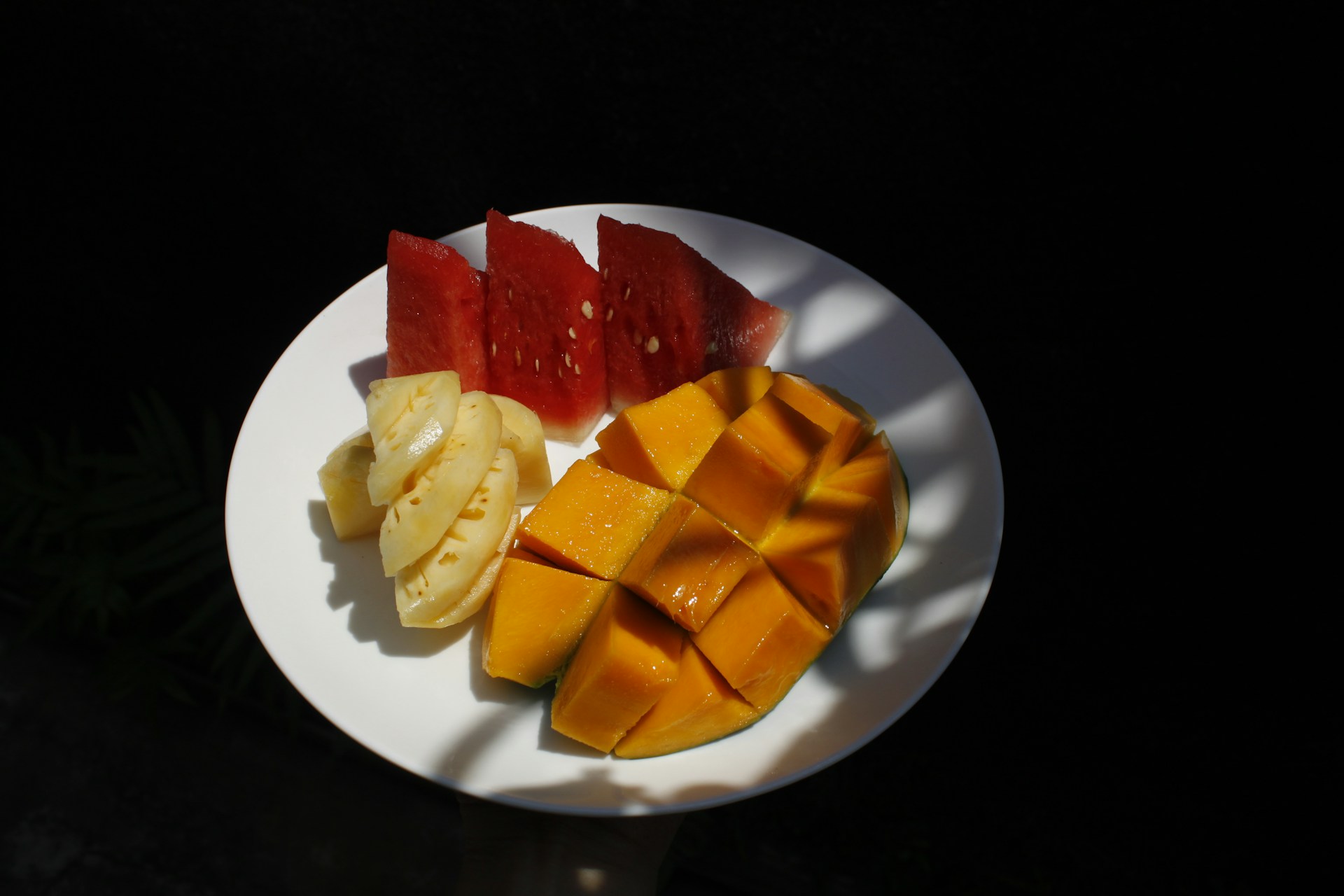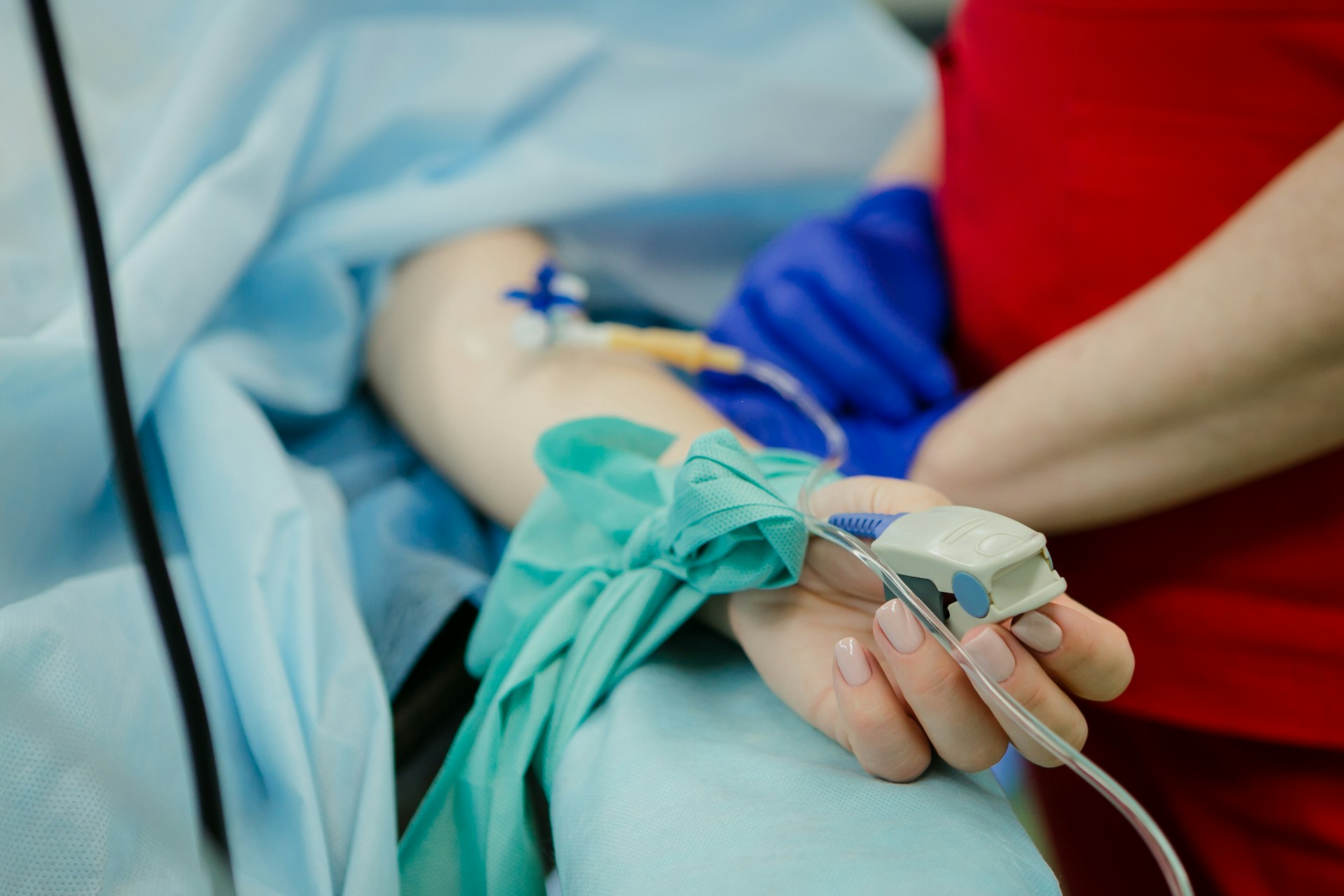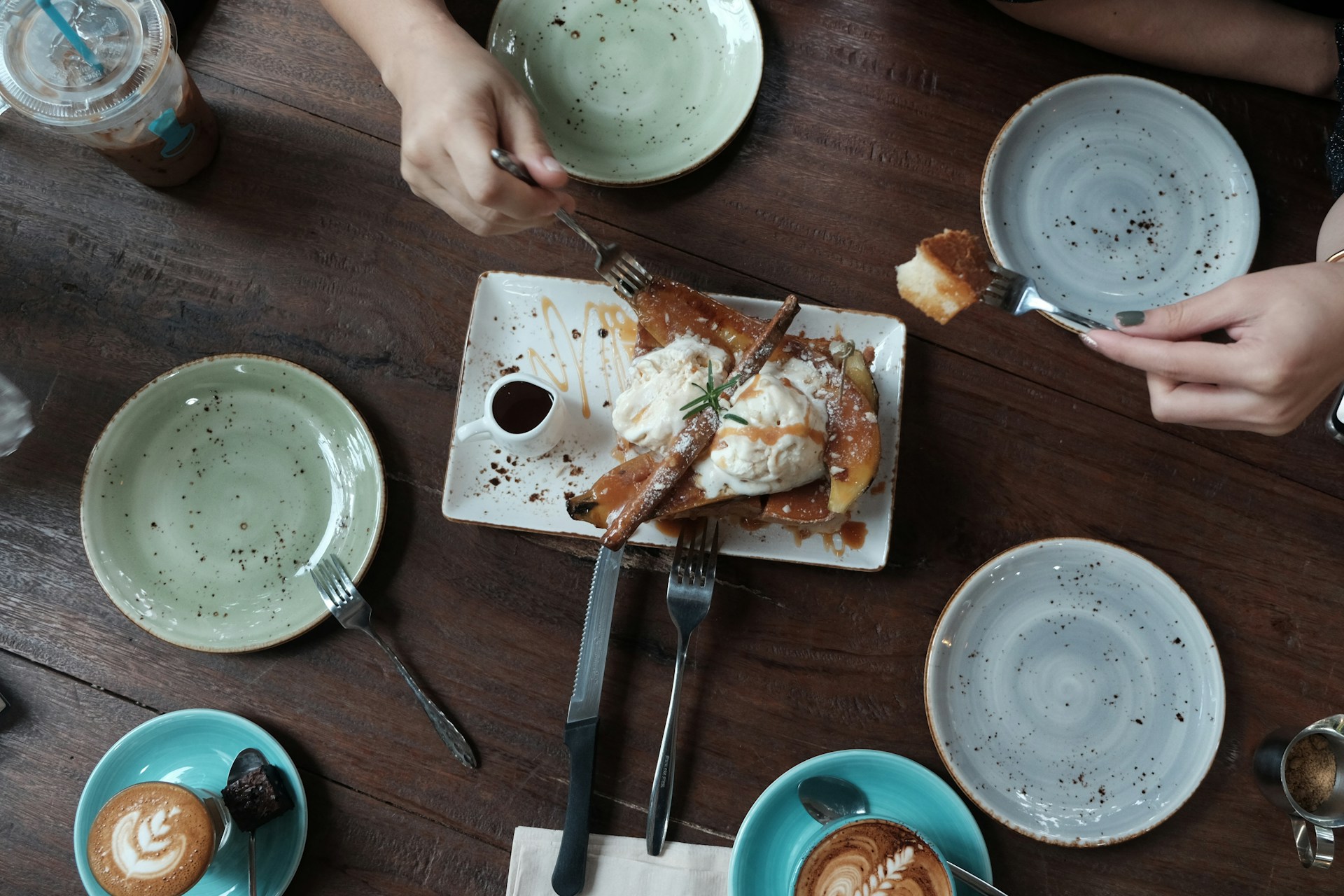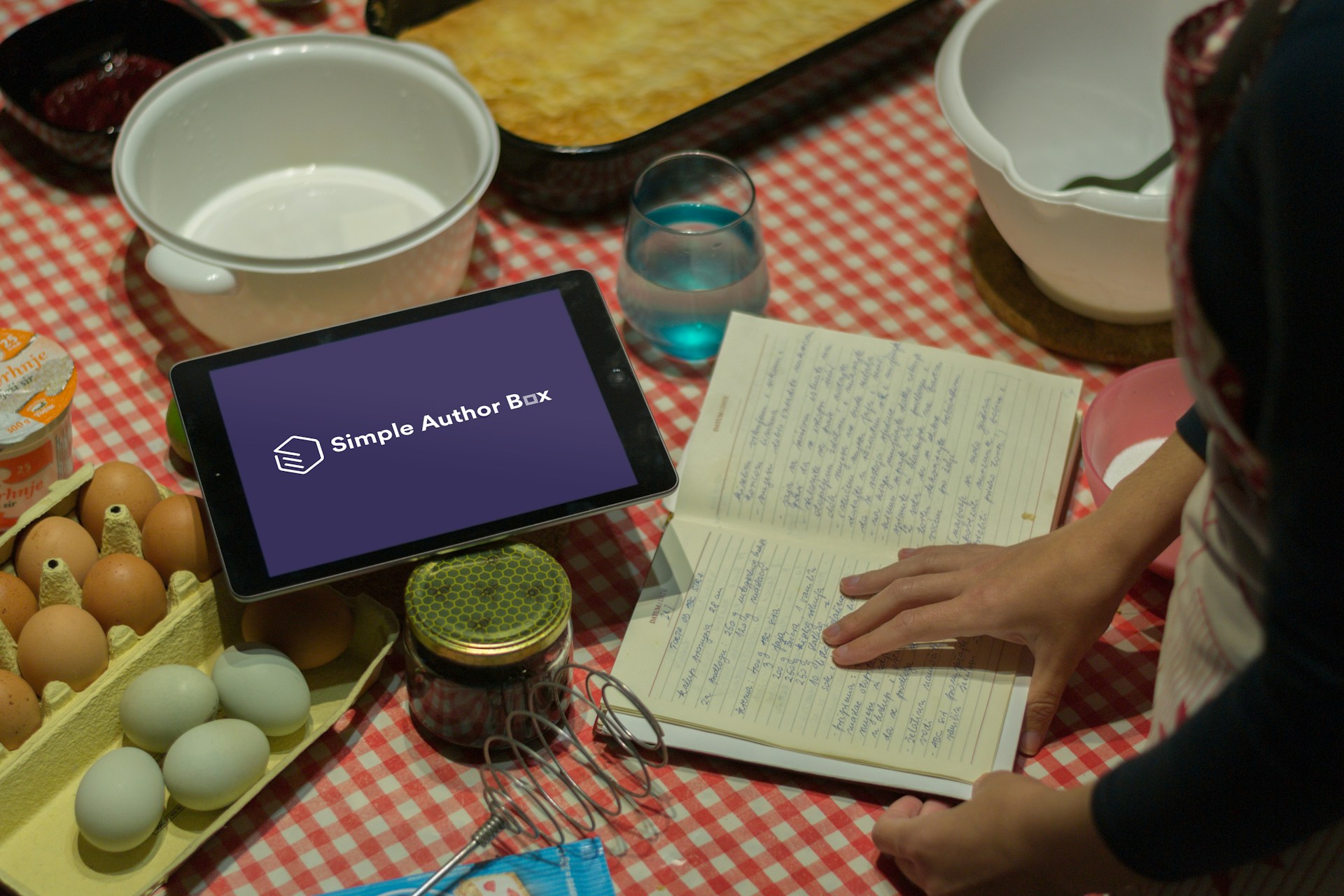The Influence of Social Media on Frozen Food Consumption During the COVID-19 Pandemic
Pengaruh Media Sosial terhadap Konsumsi Frozen Food di Masa Pandemi COVID-19
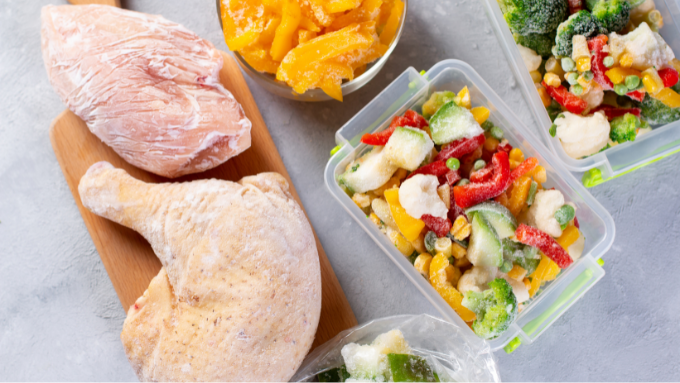
Downloads
Background: The COVID-19 pandemic has significantly impacted people's lives in Indonesia. The Enforcement of Community Activity Restrictions (PPKM) causes community activities to be online-based (network). This condition impacts the use of social media as a medium of communication and information for each individual. Exposure to social media will also affect changing people's behavior, including consumer behavior. In order to meet consumption needs during a pandemic, frozen food is a more practical and hygienic choice.
Objectives: This study aimed to look at the effect of social media on the consumption of frozen food during the COVID-19 Pandemic.
Methods: The research design was cross-sectional. The population consisted of students, lecturers, and staff at UIN Walisongo. The total sample was 212 people using a purposive sampling technique. Retrieval data on social media use using a questionnaire and consumption of frozen food using the Food Frequency Questionnaire (FFQ).
Results: The results of the Spearman correlation test showed a relationship between social media use and frozen food consumption (p=0.030 and r=-0.149). There is no relationship between mass media use and frozen food consumption (p=0.654 and r=-0.031).
Conclusion: There is a significant effect of social media on the consumption of frozen food, and there is no effect of using mass media on the consumption of frozen food.
Frederick, B. & Maharani, A. K. Eksistensi Media Sosial Pada Masa Pandemi Covid-19. J. Penelit. Pendidik. Sos. Hum. 6, 75–83 (2021).
Saputri, O. B. & Huda, N. Pengaruh Informasi Covid-19 Melalui Media Sosial terhadap Perilaku Konsumen. Hum. FALAH J. Ekon. dan Bisnis. 7, 190-215 (2020).
Sriyanto, Abdulkarim, A., Zainul, A. & Maryani, E. Perilaku Asertif dan Kecenderungan Kenakalan Remaja Berdasarkan Pola Asuh dan Peran Media Massa. J. Psikol. 41, 74-88 (2014).
Fauzi & Marhamah. Pengaruh Literasi Digital terhadap Pencegahan Informasi Hoaks pada Remaja di SMA Negeri 7 Kota Lhokseumawe The Effect of Digital Literacy on the Prevention of Hoax Information on Adolescents in SMA Negeri 7 of Lhokseumawe City. Jurnal_Pekommas_Vol._6_No 2, 77–84 (2021).
Junawan, H. & Laugu, N. Eksistensi Media Sosial,Youtube, Instagram dan Whatsapp Ditengah Pandemi Covid-19 di kalangan Masyarakat Virtual Indonesia. Baitul 'Ulum J. Ilmu Perpust. dan Inf. 4, 41–57 (2020).
Rohmiyati, Y. Analisis Penyebaran Informasi Pada Sosial Media. Anuva 2, 29-42 (2018).
Sitompul, P., Mahmudah, D. & Damanik, M. P. Pemanfaatan Media Sosial dan Pemenuhan Kebutuhan Informasi Ketenagakerjaan di Kalangan Angkatan Kerja Muda pada Masa Pandemi COVID-19. J. Stud. Komun. dan Media 25, 203 - 222 (2021).
Nur, E. Peran Media Massa dalam Menghadapi Serbuan Media Online. Maj. Ilm. Semi Pop. Komun. Massa 02, 51-64 (2021).
Mustakim, Rusman Efendi, I. R. S. Dietary Patterns Among Productive Age Population during Covid-19 Pandemic in South Tangerang. J. Ilmu Kesehat. Masy. 17, 1–12 (2021).
Rahmasari, N. A., Chandra, D. N. & Khusun, H. Food Choice Motives among Workers during COVID-19 Pandemic in Jakarta. Amerta Nutr. 6, 130–139 (2022).
Nurwanti, E., Hadi, H. & Julia, M. Paparan Iklan Junk Food dan Pola Konsumsi Junk Food sebagai Faktor Risiko Terjadinya Obesitas pada Anak Sekolah Dasar Kota dan Desa di Daerah Istimewa Yogyakarta. J. Gizi dan Diet. Indones. (Indonesian J. Nutr. Diet. 1, 59 (2013).
Santoso, I., Mustaniroh, S. . & Pranowo, D. Keakraban Produk dan Minat Beli Frozen Food: Peran Pengetahuan Produk, Kemasan, dan Lingkungan Sosial. J. Ilmu Kel. dan Konsum. 11, 133–144 (2018).
Mangisah, I., Sumarsih, S. & Rizqiati, H. Pengembangan Usaha Peternakan Bebek dan Bandeng melalui Diversifikasi Produk Olahan Bekudi Era New Normal di Kabupaten Kendal. J. DIANMAS 9, 15–22 (2020).
Anggraeni, D. A., Widjanarko, S. B. & Ningtyas, D. W. The Effect of Porang Flour (Amorphophallus muelleri): Cornstarch Flour Towards Chicken Saussage Characteristic. J. Pangan dan Agroindustri 2, 214–223 (2014).
Sampasa-Kanyinga, H., Chaput, J. P. & Hamilton, H. A. Associations Between the Use of Social Networking Sites and Unhealthy Eating Behaviours and Excess Body Weight in Adolescents. Br. J. Nutr. 114, 1941–1947 (2015).
Kartal, F. & Rakicioglu, N. The Effects of Media Tools on Food Consumption and Obesity in Adolescents. Prog. Nutr. 22, 58–67 (2020).
Fristanti, Y. . Hubungan Intensitas Penggunaan Smartphone terhadap Aktivitas Fisik dan Tingkat Konsmsi Pangan pada Mahasiswa Gizi UNESA di Era Pandemi COVID-19. J. Gizi Unesa 01, 89–94 (2021).
Chianardi, D. H. & Permatasari, A. Factors Affecting Frozen Food Purchase Intention During the Covid-19 Outbreakin Indonesia (Case of Greater Jakarta). Proceeding Int. Conf. Fam. Bus. Entrep. 1, 412–428 (2020).
Qorib, F. Pola Konsumsi Media pada Generasi Milenial Kota Malang. Ultim. J. Ilmu Komun. 12, 53–71 (2020).
Copyright (c) 2023 Amerta Nutrition

This work is licensed under a Creative Commons Attribution-ShareAlike 4.0 International License.
AMERTA NUTR by Unair is licensed under a Creative Commons Attribution-ShareAlike 4.0 International License.
1. The journal allows the author to hold the copyright of the article without restrictions.
2. The journal allows the author(s) to retain publishing rights without restrictions
3. The legal formal aspect of journal publication accessibility refers to Creative Commons Attribution Share-Alike (CC BY-SA).
4. The Creative Commons Attribution Share-Alike (CC BY-SA) license allows re-distribution and re-use of a licensed work on the conditions that the creator is appropriately credited and that any derivative work is made available under "the same, similar or a compatible license”. Other than the conditions mentioned above, the editorial board is not responsible for copyright violation.







































